Music NFTs: How To Ace Influencer Strategy & Collaborations

Music NFTs, or non-fungible tokens, are digital representations of ownership of music clips and videos on a blockchain network. They are not just another digital image, they are a new way for music artists to create unique ownership of their work and for fans to own a piece of their favorite artist’s creations. Imagine owning a one-of-a-kind video clip of your favorite band’s live performance, or having a rare version of a song that only you possess. Music NFTs are opening up a whole new world of possibilities for the music industry and music lovers alike.
As the industry faces new challenges such as the decline in physical record sales and the low payouts from streaming services, music NFTs present a solution by providing a new revenue model for artists and removing intermediaries such as record labels. Not only that, but music NFTs also increase fan involvement, offer unique ownership experiences and they could help artists in many ways. This new revenue model is not just a theoretical concept but it has been already proven by many examples, this is why music NFTs have the potential to revolutionize the music industry and have a real impact on the lives of music artists.
Influencers
NFT influencers play a crucial role in the marketing of digital assets by educating their audiences and creating organic engagement. Consumers are known to be more likely to purchase products that are advertised by their favorite influencers on social media. With an already engaged audience, these influencers hold a level of trust that brands can tap into to attract audiences and investors, and increase visibility.
With 27% of millennials investing in NFTs, and the number projected to grow, partnering with NFT influencers can greatly expand your project’s reach. These influencers can be found on various social platforms such as Twitter, Instagram, YouTube, and blogs, and it’s important to remember that compensation will be required for the promotion of your project.
As NFTs continue to rise in popularity, brands with unique digital assets to sell must prioritize marketing them effectively. With marketing trends constantly evolving, it’s important for marketers to strategize and promote their products to the right audience.
Here Are Some Effective Ways To Market NFTs
Emphasize video content: Videos are the most interactive and effective format for NFT marketing, particularly as NFTs are primarily art-based. Videos are also easier to understand than text-based content, making them ideal for explaining your project and generating interest in your digital items. YouTube is the best platform for distributing video content, and reposting videos on other platforms like Instagram and Twitter can also boost your reach.
Combine Entertainment With Information
While engaging your audience, it’s important to provide informative data about the NFT as the audience is knowledgeable and curious. Make sure to educate them about your project, and work with NFT influencers who are knowledgeable about crypto and NFTs to ensure they can respond to audience questions. Live Q&A sessions with influencers can also be a great way to educate the audience about your product.
Build A Sense Of Community
The crypto and NFT world is built on a sense of exclusivity, so it’s important to maintain this by building a niche community while marketing NFTs. Create a private group for general discussions and sharing updates, and invite members to give their views on issues posed in the forum. This can help you connect with your audience and understand them better.
Non-fungible tokens (NFTs) have taken the world by storm, skyrocketing in popularity and generating excitement in the digital world. These unique digital tokens, stored on a blockchain, can record the ownership of a wide array of items, from digital art to luxury goods. The numbers speak for themselves: NFT sales volume reached a staggering $25 billion in 2021, a staggering increase from $95 million in 2020. The trend continues in 2022 with daily sales on Opensea, a popular NFT marketplace, reaching all-time highs.
Thanks to intelligent NFTs that can support multiple formats, music-related NFTs can be displayed differently depending on how they are accessed. For example, an audio NFT can include a PDF resource that contains the lyrics to a song or a message from a musician, which would be displayed when it is opened in a text-based format. The possibilities are endless and it’s clear that NFTs will play a major role in shaping the future of music.
Subscribe To Our Music Marketing Newsletter!
News about music marketing strategies to the music business and beyond.
Delivered to your inbox once a week.




